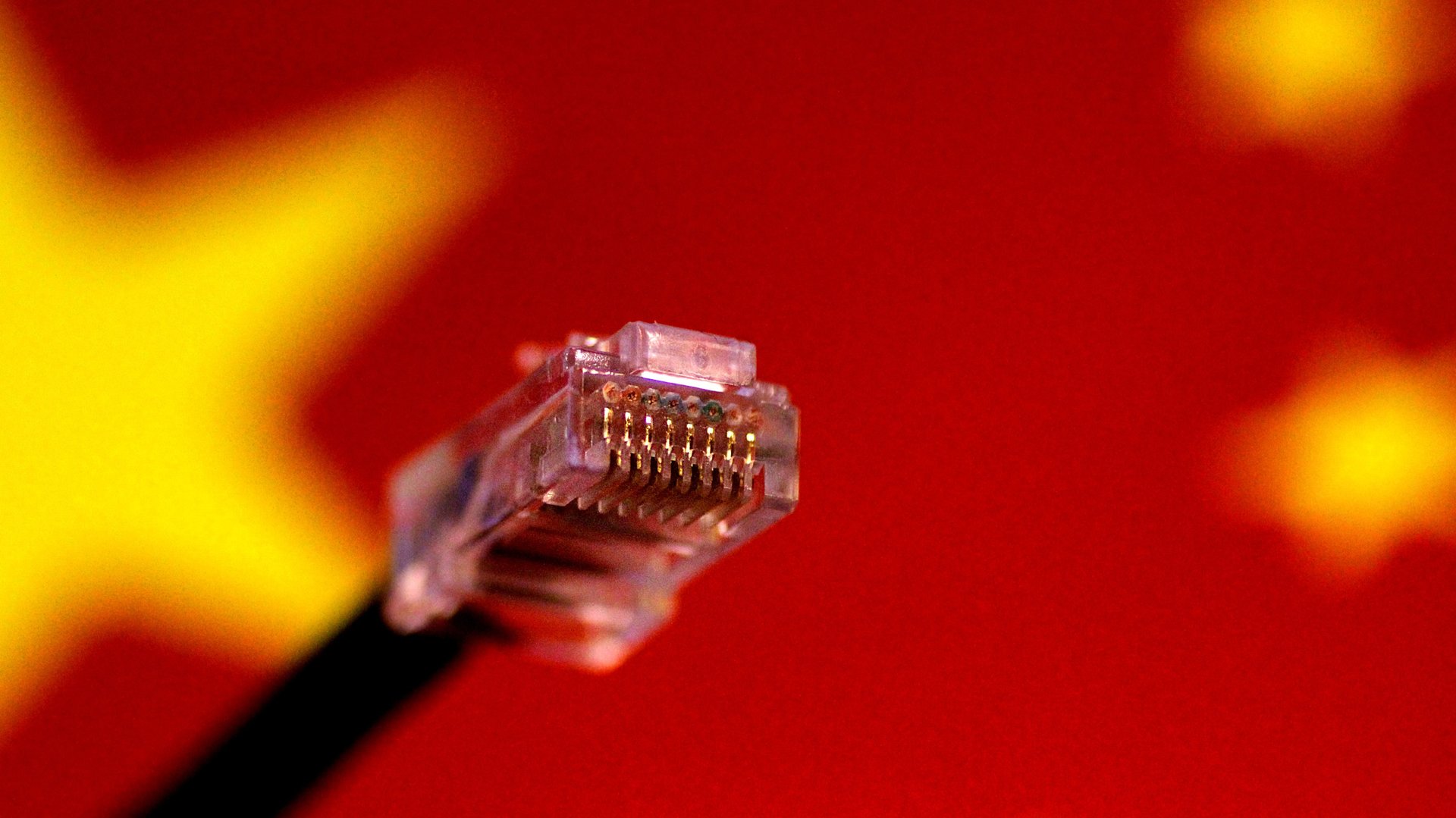A Chinese firm is giving up on its long delayed US-Hong Kong undersea cable
More than five years after an initiative to pioneer a US-Hong Kong submarine cable connection was initially announced, the Chinese firm that has majority ownership of the project has called it quits.


More than five years after an initiative to pioneer a US-Hong Kong submarine cable connection was initially announced, the Chinese firm that has majority ownership of the project has called it quits.
In company filings on Feb. 22 (pdf, link in Chinese), Chinese telecom giant Dr. Peng Group announced that it was completely selling its stake in Hong Kong-based firm Pacific Light Data Communication (PLDC)–which controls four of the six fiber pairs in the trans-Pacific cable—in order to “dispose of loss-making assets.”
An ambitious plan sunk by US-China geopolitics
The US-Hong Kong undersea cable, officially named the Pacific Light Cable Network, is supposed to be the first direct fiber-optic submarine cable system linking Los Angeles and Hong Kong. Google and Facebook joined the consortium of companies to build the 12,800-kilometer (8,000 miles) cable, which was originally slated to be ready by 2018 and become the “highest-capacity trans-Pacific route.”
Years later, the cable is still not completely operational. A major challenge has been regulatory hurdles from Washington amid US-China tensions.
In June 2020, Team Telecom—a committee under the US justice department—urged the Federal Communications Commission (FCC) to block approval for the Hong Kong connection, citing “national security” concerns and threats to US persons’ data, and instead use the cable’s Taiwan and Philippines spurs. The committee specifically cited Hong Kong’s sweeping national security law and Beijing’s destruction of the city’s high degree of autonomy as a cause for concern, noting that the cable’s Hong Kong landing station could “expose US communications traffic to collection by the PRC.”
Last December, Team Telecom recommended that the FCC grant operating licenses to Google and Facebook to connect to the cable network’s Taiwan and Philippines spurs. Under the plan proposed by Team Telecom and agreed to by Google and Facebook, the two US tech firms would restrict access to equipment and infrastructure for PLDC, the Dr. Peng Group subsidiary. PLDC had earlier already withdrawn its application for the Hong Kong link.
Little is known about the new buyer
Noting that “the possibility of obtaining the US operating license is extremely low due to the international situation,” Dr. Peng Group decided to sell off PLDC in its entirety. According to filings, the sale was priced at $160 million, at a loss of 1.72 billion yuan ($272 million) for Dr. Peng Group.
In a separate filing on the same day, Dr. Peng Group also cited recent US bans of Chinese telecoms firms including China Telecom and China Unicom as a signal of “significant impairment risk” to the undersea cable project.
The new owner of PLDC is Meister United Limited, a company established last August and registered in the British Virgin Islands, with only $50,000 in registered capital. Funding Meister’s purchase of PLDC is F.I.T. Ventures, a Canada-based family wealth management firm, according to Dr. Peng Group filings. Quartz has reached out to F.I.T. Ventures and PLDC for comment.
It’s not entirely clear what business case there is for buying PLDC either, given the licensing challenges.
“I don’t really understand why anyone would buy Dr. Peng’s share given the regulatory uncertainty would make valuation extremely challenging,” said Alan Mauldin, research director at TeleGeography, a telecommunications market research company.
Correction: Dr. Peng Group sold its stake in Pacific Light Data Communication for $160 million, not $1.6 million, as the story earlier stated.